| Origem | Literatura Estrangeira |
|---|---|
| Quantidade de Páginas | 246 |
| Acabamento | Capa Comum |
| Autores | Theodore F.T. Plucknett |
| Idioma | Inglês |
| Edição | 0 |
| Selo | The Lawbook Exchange |
 E alguns filmes que o vento não levou
E alguns filmes que o vento não levou
Editora Viseu
R$ 98,31 à vista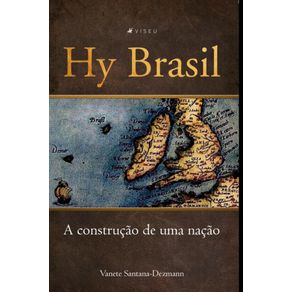 Hy Brasil: A construção de uma nação
Hy Brasil: A construção de uma nação
Editora Viseu
R$ 42,90 à vista A prosperidade da nação
A prosperidade da nação
Editora Viseu
R$ 36,90 à vista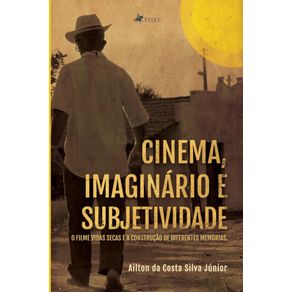 Cinema, imaginário e subjetividade: O filme vidas secas e a construção de diferentes memórias
Cinema, imaginário e subjetividade: O filme vidas secas e a construção de diferentes memórias
Editora Viseu
R$ 51,90 à vista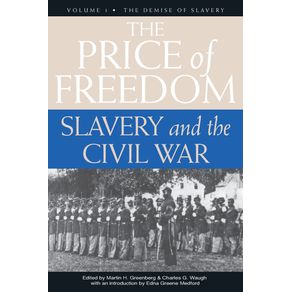 The Price of Freedom
The Price of Freedom
Turner Publishing Company
R$ 163,36 ou até 3x sem juros Discrete Choice Analysis
Discrete Choice Analysis
Random House
R$ 419,64 ou até 3x sem juros The violence of colonial photography
The violence of colonial photography
Manchester University Press (P648)
R$ 150,79 ou até 3x sem juros Kaleidoscope
Kaleidoscope
Earnshaw Books Ltd
R$ 159,88 ou até 3x sem juros Decada quarta da Asia
Decada quarta da Asia
Legare Street Press
R$ 276,39 ou até 3x sem juros Puerto Rico y su historia; investigaciones críticas
Puerto Rico y su historia; investigaciones críticas
Legare Street Press
R$ 199,89 ou até 3x sem juros Rape
Rape
Random House
R$ 164,77 ou até 3x sem juros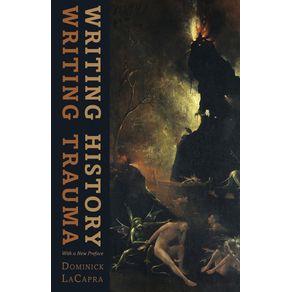 Writing History, Writing Trauma
Writing History, Writing Trauma
Hopkins Fulfillment Service
R$ 266,28 ou até 3x sem juros Cybernetics Moment
Cybernetics Moment
Hopkins Fulfillment Service
R$ 230,61 ou até 3x sem juros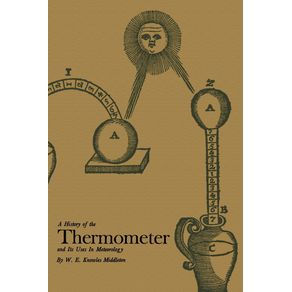 A History of the Thermometer and Its Use in Meteorology
A History of the Thermometer and Its Use in Meteorology
Hopkins Fulfillment Service
R$ 291,13 ou até 3x sem juros Portuguese Empire, 1415-1808
Portuguese Empire, 1415-1808
Hopkins Fulfillment Service
R$ 273,09 ou até 3x sem juros Dia D; Relatos, imagens e a imprensa panfletária
Dia D; Relatos, imagens e a imprensa panfletária
Editora Viseu
R$ 36,90 à vista Em busca da riqueza
Em busca da riqueza
Editora Viseu
R$ 47,90 à vista Cinema, imaginário e subjetividade: O filme vidas secas e a construção de diferentes memórias
Cinema, imaginário e subjetividade: O filme vidas secas e a construção de diferentes memórias
Editora Viseu
R$ 51,90 à vista Scrap Cities
Scrap Cities
Cathy Perlmutter
R$ 154,33 ou até 3x sem juros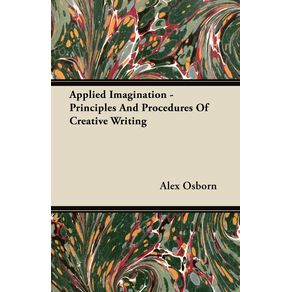 Applied Imagination - Principles and Procedures of Creative Writing
Applied Imagination - Principles and Procedures of Creative Writing
Iyer Press
R$ 294,36 ou até 3x sem juros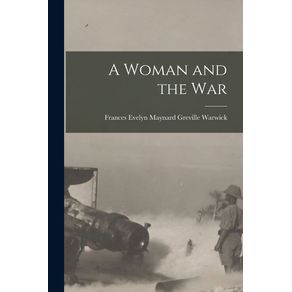 A Woman and the War
A Woman and the War
Legare Street Press
R$ 188,14 ou até 3x sem juros Charles the Great
Charles the Great
Legare Street Press
R$ 246,29 ou até 3x sem juros Radiation Therapy for Sarcomas and Skin Cancers
Radiation Therapy for Sarcomas and Skin Cancers
Springer Nature B.V.
R$ 338,74 ou até 3x sem juros Rape
Rape
Random House
R$ 164,77 ou até 3x sem juros Vita del cavalier Gio. Lorenzo Bernino
Vita del cavalier Gio. Lorenzo Bernino
Legare Street Press
R$ 166,45 ou até 3x sem juros Le Taoïsme Et Les Sociétés Secrètes Chinoises
Le Taoïsme Et Les Sociétés Secrètes Chinoises
Legare Street Press
R$ 176,37 ou até 3x sem juros Cartas Y Relaciones De Hernan Cortés Al Emperador Carlos V...
Cartas Y Relaciones De Hernan Cortés Al Emperador Carlos V...
Legare Street Press
R$ 247,45 ou até 3x sem juros Pandectae Justinianae In Novum Ordinem Digestae...
Pandectae Justinianae In Novum Ordinem Digestae...
Legare Street Press
R$ 394,98 ou até 3x sem juros Early Days of World History
Early Days of World History
Legend Books Sp. z o.o.
R$ 184,03 ou até 3x sem juros A History of Greek Fire and Gunpowder
A History of Greek Fire and Gunpowder
Hopkins Fulfillment Service
R$ 275,43 ou até 3x sem juros A psicanálise da história: A teoria revelada dos quatro elementos
A psicanálise da história: A teoria revelada dos quatro elementos
Editora Viseu
R$ 69,90 à vista Em busca da riqueza
Em busca da riqueza
Editora Viseu
R$ 47,90 à vista Cinema, imaginário e subjetividade: O filme vidas secas e a construção de diferentes memórias
Cinema, imaginário e subjetividade: O filme vidas secas e a construção de diferentes memórias
Editora Viseu
R$ 51,90 à vista The Price of Freedom
The Price of Freedom
Turner Publishing Company
R$ 163,36 ou até 3x sem juros Eastern Front - 500 Letters from War
Eastern Front - 500 Letters from War
Draft2Digital
R$ 158,41 ou até 3x sem juros A Woman and the War
A Woman and the War
Legare Street Press
R$ 188,14 ou até 3x sem juros Radiation Therapy for Sarcomas and Skin Cancers
Radiation Therapy for Sarcomas and Skin Cancers
Springer Nature B.V.
R$ 338,74 ou até 3x sem juros La Jeunesse DHölderlin Jusquau Roman DHypérion
La Jeunesse DHölderlin Jusquau Roman DHypérion
Legare Street Press
R$ 168,93 ou até 3x sem juros Puerto Rico y su historia; investigaciones críticas
Puerto Rico y su historia; investigaciones críticas
Legare Street Press
R$ 199,89 ou até 3x sem juros Léglise Romaine En Face De La Révolution; Volume 1
Léglise Romaine En Face De La Révolution; Volume 1
Legare Street Press
R$ 284,19 ou até 3x sem juros Le Taoïsme Et Les Sociétés Secrètes Chinoises
Le Taoïsme Et Les Sociétés Secrètes Chinoises
Legare Street Press
R$ 176,37 ou até 3x sem juros Pandectae Justinianae In Novum Ordinem Digestae...
Pandectae Justinianae In Novum Ordinem Digestae...
Legare Street Press
R$ 394,98 ou até 3x sem juros Early Days of World History
Early Days of World History
Legend Books Sp. z o.o.
R$ 184,03 ou até 3x sem juros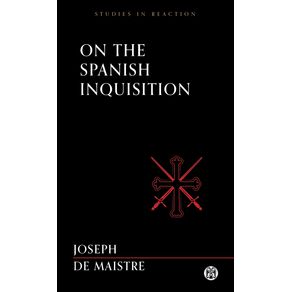 On the Spanish Inquisition - Imperium Press (Studies in Reaction)
On the Spanish Inquisition - Imperium Press (Studies in Reaction)
Imperium Press
R$ 176,77 ou até 3x sem juros A History of the Thermometer and Its Use in Meteorology
A History of the Thermometer and Its Use in Meteorology
Hopkins Fulfillment Service
R$ 291,13 ou até 3x sem juros